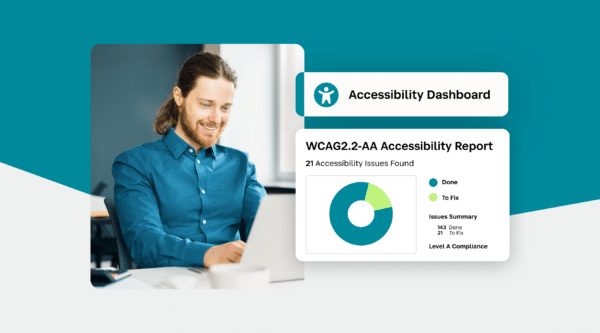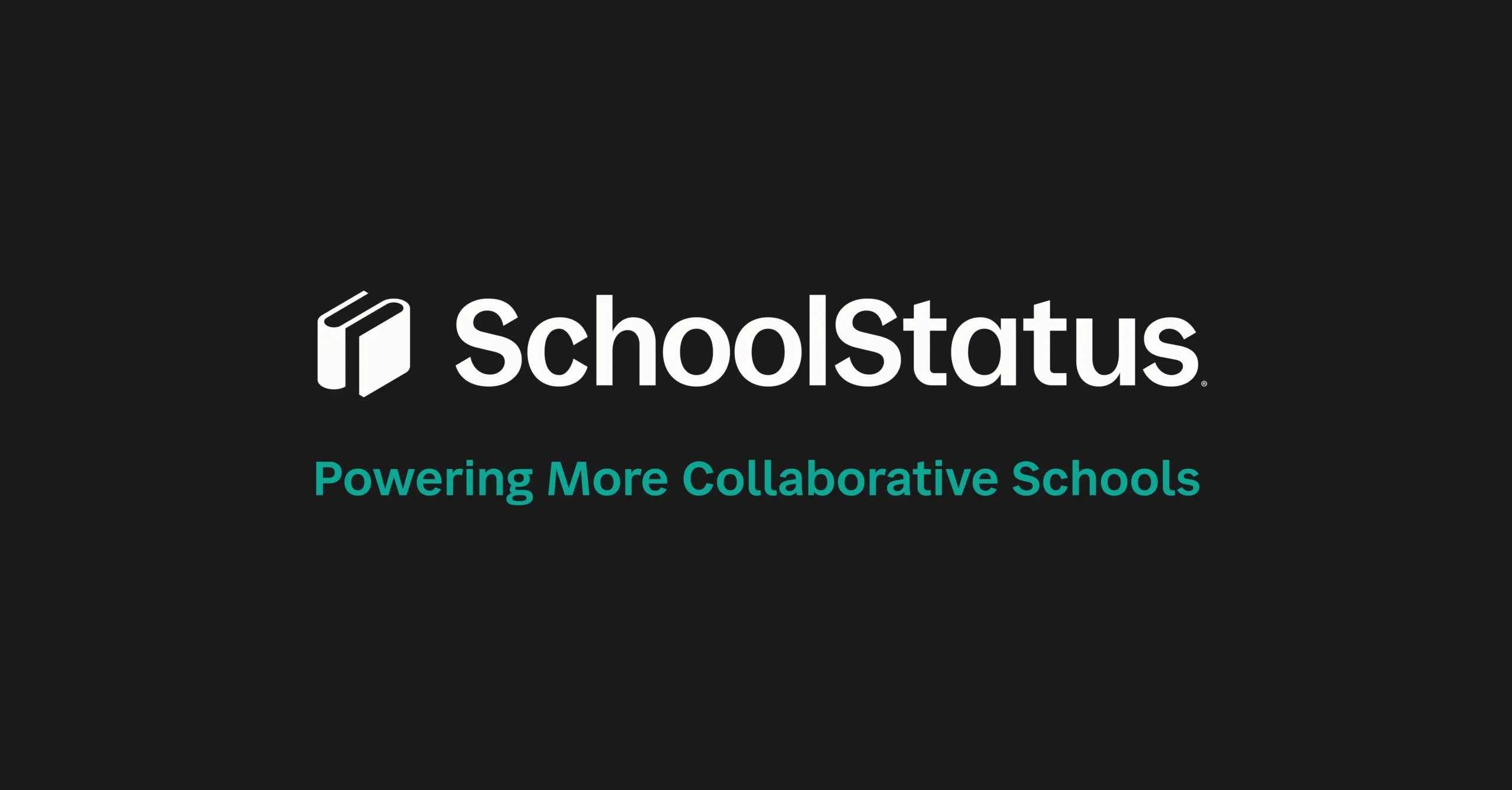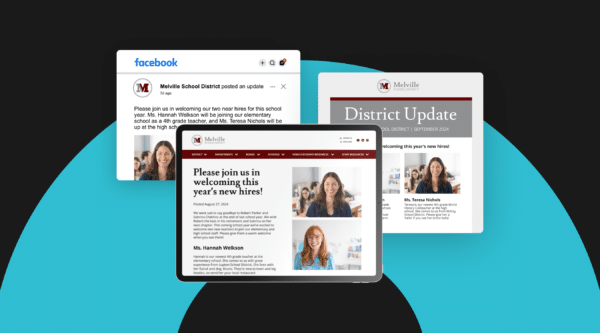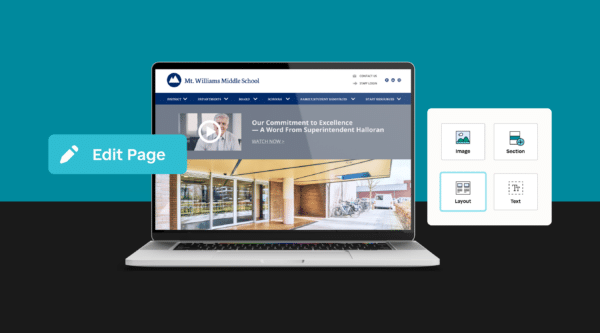

The school website calendar is the hub of any school or district’s communication strategy. It’s where families, staff, and the community turn to for important updates. But if the calendar is difficult to use or maintain, it can cause frustration for both users and administrators, leading to missed events and disengagement.
So, is your school website calendar delivering the user-friendly experience your community needs?
Why New Technology is Improving School Calendars
With advancements in web technology, school calendars have evolved from static, outdated pages into dynamic tools that enhance communication. In the past, school calendars might have been simple PDFs, often missing updated event details. Today, modern content management systems (CMS), powered by platforms like Google and Microsoft, offer seamless integration and up-to-date information.
While no technology can guarantee 100% accuracy, the right CMS ensures your school’s calendar is easier to manage, more accessible, and more reliable for all users.
Here are four must-have features that ensure your school’s calendar meets the needs of families and staff.
1. User-Friendly for Staff and Families
A user-friendly calendar interface is critical to successful school communication. It should be intuitive, easy to navigate, and simple for both families looking for events and staff responsible for updates. Look for these features:
- Clean, intuitive design
- Easy mobile navigation
- Simplified event updates for staff
To test how easy your calendar is to use, ask less tech-savvy colleagues to navigate it. Their feedback can reveal pain points and areas for improvement.
2. Customizable Views for a Personalized Experience
One size doesn’t fit all when it comes to school calendars. Families and staff should be able to customize their calendar experience. Can they choose between different views, like district-wide, grade-specific, or departmental calendars?
Your CMS should allow users to:
- Select multiple calendars from a master view
- Choose graphical, list, or printable views
- Save their preferences for future visits
This flexibility ensures each user can focus on the events that matter most to them.
3. Integration with Personal Calendar Apps
Busy families and staff rely on personal calendars like Google Calendar, Microsoft Outlook, and Apple Calendar to manage their schedules. Your school calendar should easily sync with these platforms, allowing users to automatically add school events to their personal calendars. This ensures:
- Easy scheduling of school events alongside personal commitments
- Seamless reminders for important activities
Integration with personal calendars increases engagement, helping families stay on top of school events with minimal effort.
4. ADA-Compliant and Accessible for All
Accessibility is critical for any school website, especially for the calendar section, which is one of the most visited pages. Your calendar must comply with WCAG 2.0 AA standards to ensure it’s accessible to everyone, including those with disabilities.
Ensure your calendar has:
- An “Accessible View” button for users with disabilities
- Full keyboard navigation
- Screen reader compatibility
By prioritizing accessibility, you’re ensuring that all members of your community can engage with the school’s events.
Make Your School Calendar Work for Everyone
Your school’s calendar is a vital communication tool. By incorporating user-friendly features, customizable views, calendar app integration, and accessibility, you’ll create a seamless experience that keeps families and staff informed and engaged.
Ensure your CMS provider offers these four essential features to eliminate frustrations and improve how your school’s calendar information is managed and accessed.
Ready to upgrade your school calendar? Reach out to SchoolStatus to learn how our platform can simplify your school communication.
Stay Connected
News, articles, and tips for meeting your district’s goals—delivered to your inbox.





